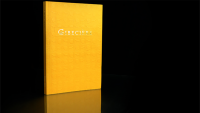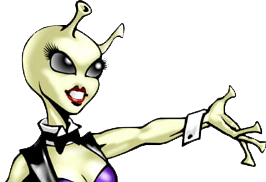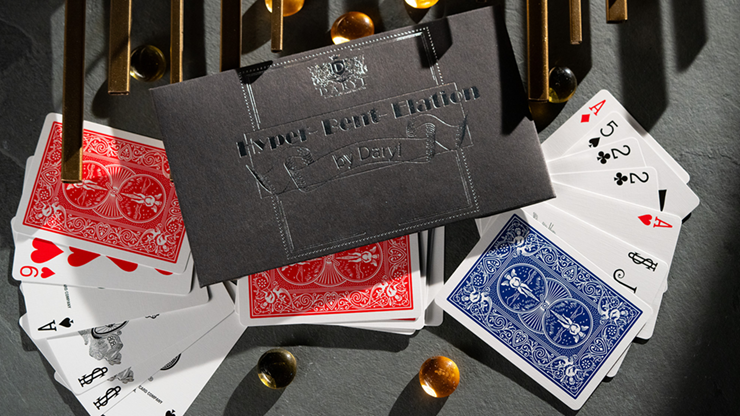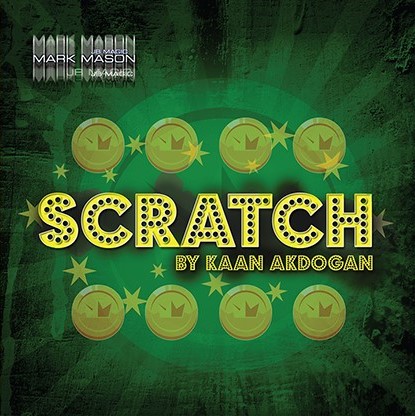Gibeciere 19, Winter 2015, Vol. 10, No. 1 - Book
Stephen Minch
Conjuring Arts Research Center

In the winter of 2009, frequent contributor, Mitsunobu Matsuyama, gave a brief account of a bizarre feat, known only in Japan, in which the magician visibly swallows a live horse. Legend reports this trick was performed by a conjurer named Chojiro Shioya sometime from 1688 to 1704. We asked Mr. Matsuyama if he could elaborate on this unique effect, and he responded with an article that provides the full history and proposed method of the trick and his thoughtful and thorough refutation of that method, arguing that the trick was likely confabulated from Japanese folk tales. The embossed cover takes its theme from this article.
Have you ever wondered what we know of the Western conjurers of antiquity and what they performed? French scholar, Pierre Taillefer, has contributed a handsomely-researched article that addresses just that question. The short answer is: not a lot. However, what little is known is fascinating. Taillefer organizes all of the available information, along with an analysis of how conjurers were perceived and received during the early Middle Ages and prior.
Mr. Taillefer follows his study of "Conjurers Around the Mediterranean Basin" with a short article that increases our knowledge of one of conjuring's oldest known past masters: the Sixteenth Century Spanish magician, Jehan Dalmau. Dalmau's reputation as an exceptionally accomplished card conjurer is clearly evident in the scant mentions of his performances given by Girolamo, Cardano, Aretino and others of the period. Taillefer has turned up a new chapter in the career of this important figure in conjuring.






